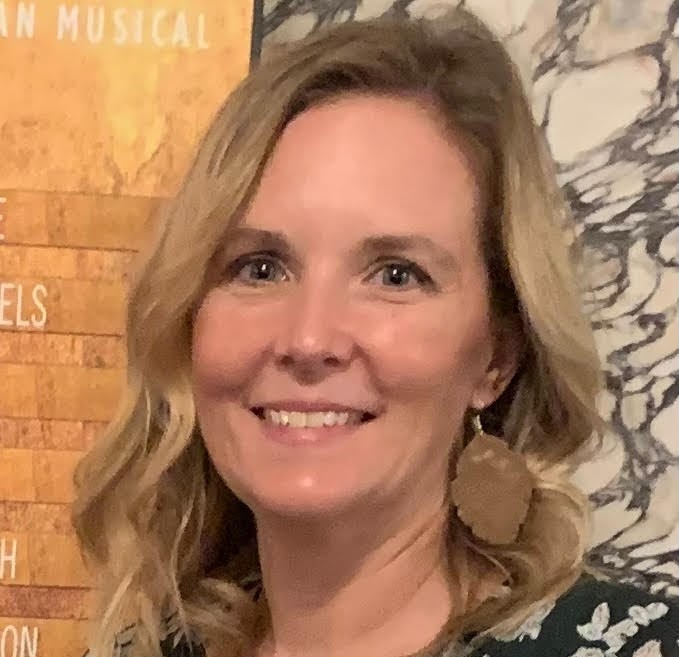Adolescent Tdap Vaccine Timing: Why That 10-Year-Old's Vaccine History Matters More Than You Think
If you’ve ever stared at a 13-year-old’s immunization record, wondering whether that Tdap vaccine at age 10 means they still need another now, you’re not alone. Tdap—short for tetanus, diphtheria, and acellular pertussis—is part of both routine and catch-up immunization schedules. And as with all things immunization-related, the details matter.
Read more










